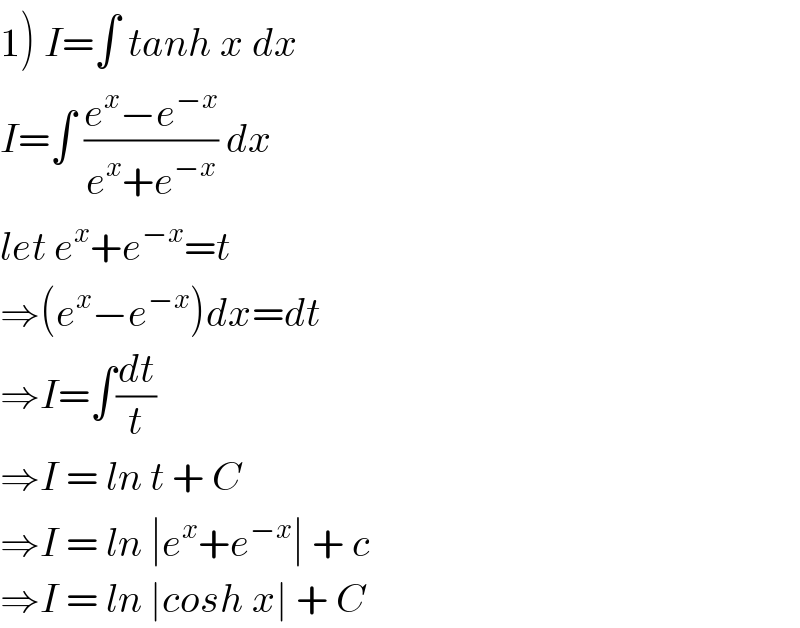
Question and Answers Forum
Question Number 66938 by Cmr 237 last updated on 20/Aug/19

Commented by mathmax by abdo last updated on 21/Aug/19

Commented by mathmax by abdo last updated on 21/Aug/19

Commented by mathmax by abdo last updated on 21/Aug/19

Commented by mathmax by abdo last updated on 21/Aug/19

Commented by Cmr 237 last updated on 21/Aug/19

Commented by mathmax by abdo last updated on 21/Aug/19

Commented by mathmax by abdo last updated on 22/Aug/19

Answered by Kunal12588 last updated on 21/Aug/19

Answered by Kunal12588 last updated on 21/Aug/19

